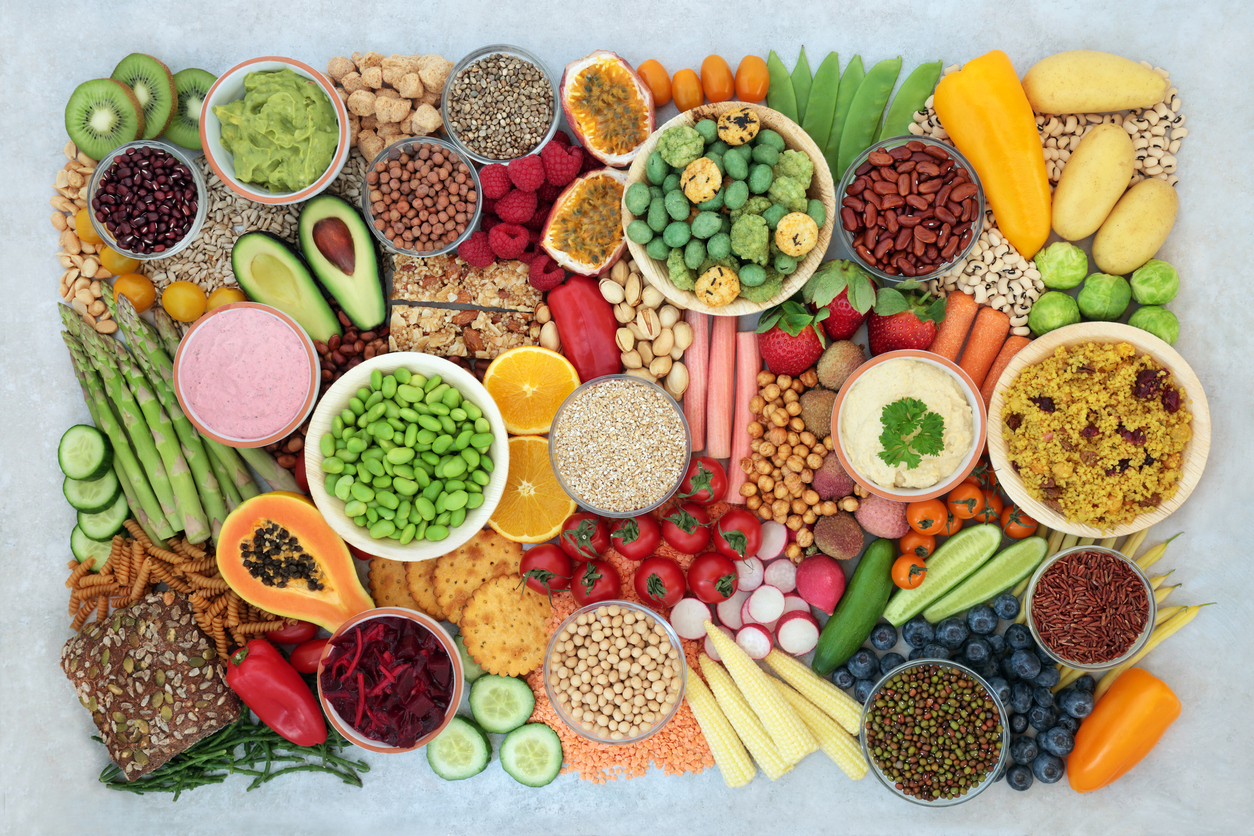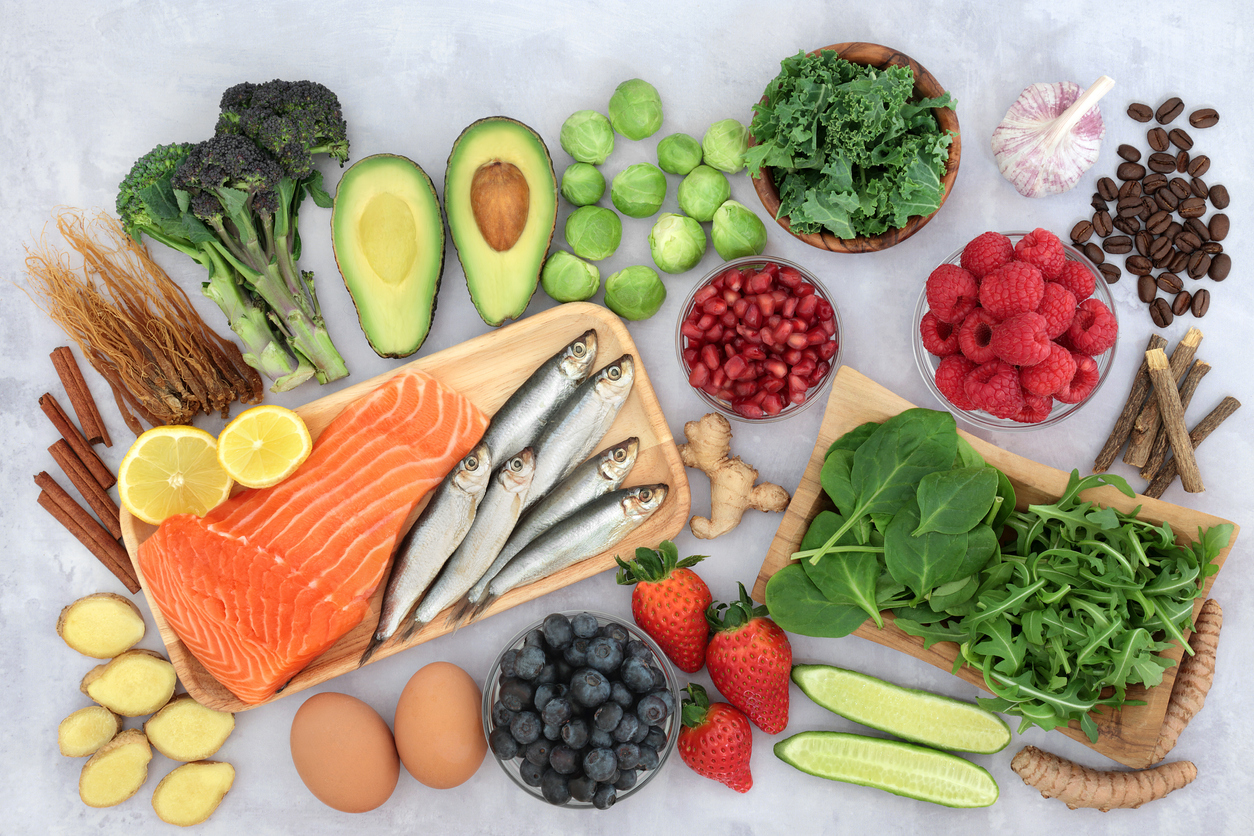Wellness
The Difference Between Food Allergies and Food Limitations/Restrictions

What is a food allergy?
A food allergy is the result of the body’s immune system recognizing certain proteins in food as harmful. When the food triggers an abnormal immune response, the body releases histamine, causing inflammation. Food allergies can range in severity from mild to life-threatening, or anaphylaxis. Food allergies are different from food intolerances, which is a problem digesting food that does not involve the immune system.
Common food allergies
The most common foods that are associated with food allergies include, but are not limited to, the following:
- Cow’s milk
- Eggs
- Fish
- Peanuts
- Shellfish, such as shrimp, lobster, crayfish, squid, scallops or prawns
- Soy
- Tree nuts, such as almonds, Brazil nuts, cashews, macadamia nuts, walnuts, pine nuts, or pistachios
- Wheat
What is a food limitation or restriction?
A dietary restriction or limitation involves reducing or omitting certain foods from the diet. While this may be the result of food allergies, food restrictions may also be due to religious reasons, dietary sensitivities, food intolerances, ideological beliefs, etc.
Common dietary restrictions or limitations
A correct diagnosis is needed if certain foods or ingredients are limited due to allergies, as nutrients may be withheld. The most common dietary restrictions include, but are not limited to, the following:
- Vegetarian or vegan diets. The vegan diet eliminates all animal products; however, the vegetarian diet avoids meat, chicken and fish, but sometimes incorporates eggs or dairy products into the diet.
- Lactose intolerant. This involves inadequate digestion of lactose, or carb, that is found in dairy products, specifically milk. This digestive disorder is the result of a deficiency of the enzyme lactase.
- Gluten sensitivity or intolerance. Gluten is present in wheat, barley and rye. Celiac disease is an autoimmune disorder that leads to inflammation and damage to the small intestine when gluten is consumed. Gluten sensitivity, which is non-celiac, is an autoimmune condition caused by gluten consumption.
- Halal. This is a religious diet that follows Islamic law. It involves a precise slaughter process for meat.
- Kosher. This Jewish diet regulation also involves strict slaughter techniques. It is recognized by Jewish laws.
- Diabetes. Diabetes is a chronic disease that affects the way the body regulates blood glucose, or blood sugar. A diabetic diet typically limits carbohydrates and sugary foods.
- Low-sodium. Those with high blood pressure, liver disease, renal disease, or heart problems may benefit from diets that are low in sodium.
- Dairy-free. A dairy-free diet differs from a lactose intolerance diet, since all dairy products must be excluded in a dairy-free diet. This includes cheese, yogurt, cream, butter, and other fermented products.
- Cholesterol restriction. This diet limits the amount of red meat, poultry, fried meals, egg yolks, and whole milk products. It also restricts saturated fat and trans fatty acid foods, such as shortening and margarine.


















